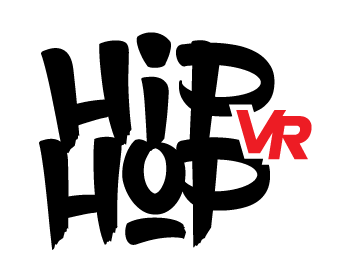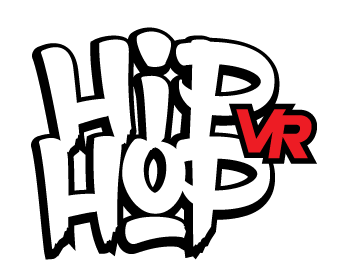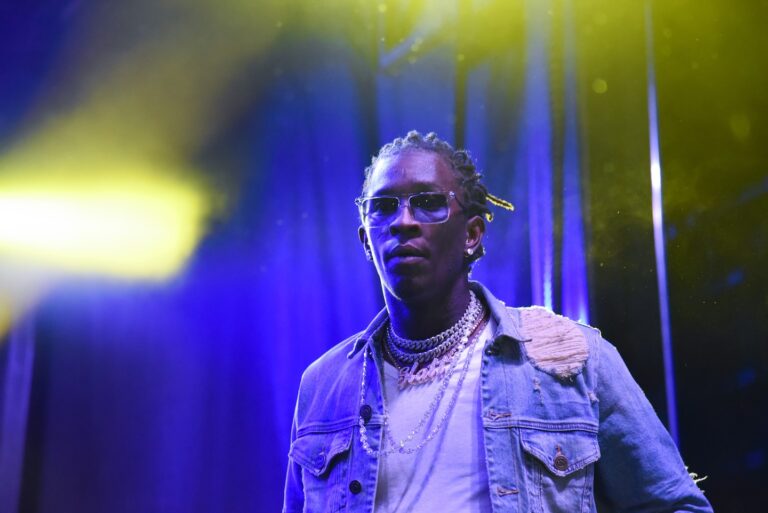Yet somehow, prosecutors in Georgia claim to know exactly what they heard in the song: evidence of a crime. Other lyrics from “Just How It Is” have been accepted as evidence in a state RICO case currently underway in the rapper’s hometown of Atlanta, where Young Thug (born Jeffery Lamar Williams) has been incarcerated for nearly 700 days. In May 2022, Young Thug, along with other artists and associates associated with his YSL Records label, were identified in a grand jury indictment as a “criminal street gang,” accused of engaging in coordinated illegal activity, including individual charges of attempted conduct robbery, aggravated assault with a weapon and murder. Oddly, the indictment relies heavily on Young Thug’s lyrics, with prosecutors citing numerous lines from “Just How It Is,” as well as lyrics from eight other songs, two of which were written by other YSL artists. The other six were sung by Young Thug.
What a disgusting, ridiculous strategy. Is there any other way to describe this egregious failure to distinguish artistic expression from evidence of a crime, and the blatant punishment of black creative thought? Even more shamefully, prosecutors are making the practice more commonplace in criminal trials across the country, whether the rapper is a famous chart-topper like Young Thug or an aspiring unknown releasing music on YouTube . According to Andrea Dennis and Eric Nelson, authors of “Rap Trial: Race, Lyrics, and Guilt in America,” there have been nearly 700 cases in the United States in which rap lyrics were used as evidence since the late 1980s. , while this number is shocking, the two most important words to note here are “rap” and “lyrics.” Not a crime novel. Not a horror movie. Not a mafia script. Even when pop stars admit to murder in song—think Johnny Cash, Freddie Mercury, Bob Marley—we hear that their lyrics are works of fiction. Why are rap lyrics different? Maybe it’s because rap is a black art form. It was created primarily by young black artists. Sadly, in America, that’s all. Being black means your imagination can be used against you in court.
Of the hundreds of cases cited by Dennis and Nelson, few are as high-profile and protracted as the one Young Thug is currently experiencing. After a nearly 10-month jury selection process, the Fulton County Superior Court trial has been fraught with chaotic delays and is expected to make headlines all summer long. But, as Dennis and Nelson write in their book, most cases that use rap lyrics as evidence occur far away from the national spotlight, and they often involve defendants without celebrity power. “Amateurs are perceived to be talking about their real lives,” they write, “as if they have little artistic ability or purpose.”
Unfortunately for these defendants, the average American juror’s rap literacy appears to be woefully low. Defendants in these cases tend to be younger than their so-called peers on juries, which often allows prosecutors to let tacit racism do the work for them. Despite rap music’s dominance of global culture over the past 20-plus years, it can still be confusing to those who didn’t grow up with it. Even casual rap listeners may not recognize the line between human beings and characters. Yes, rappers often present their work as a reflection of reality, but it’s not necessarily their reality. That’s why Rick Ross still has a successful rap career even though he was once a corrections officer and not the international drug kingpin he claimed to be. Rap is a musical form with a deep tradition of fantasy and exaggeration. But when most judges and jurors hear rap music in court, they often don’t hear what’s usually happening: young black men creating narrative art in their heads.
It seems unlikely that most citizens will master rap’s complexities anytime soon, so Dennis and Nelson offer some other normative solutions. They encourage citizens to vote for progressive judicial officials. They urged jurors to eliminate the rap lyrics from evidence during their deliberations. Their biggest push — advocating for laws that would keep lyrics out of court forever — appears to be gaining momentum. In 2022, California enacted a state law banning the use of rap lyrics in prosecutions. Maryland lawmakers are currently weighing similar bills. Last year, lawmakers introduced the Restoring the Arts Protection Act in Congress, which would limit “the admissibility of evidence against a defendant or against a defendant’s creative or artistic expression in federal criminal or civil cases.”
The sheer spectacle of Young Thug’s trial is sure to draw increasing attention to these bills, while continuing to make the broader issues more visible. This is the first time lyrics from a No. 1 album on the Billboard 200 have been used as incriminating evidence against the artist who wrote them. Beyond that, it’s important to know that Young Thug has brought rap music’s hyperbolic legacy to an exponential forefront since bursting onto the scene in the greater rap consciousness almost a decade ago. His lyrical poetry has an otherworldly and strange feel, full of wild metaphors and unfamiliar non-sequiturs, often expressed in high-pitched screams and chirping sounds. The idea that this style of rap could be used for anything other than proving Young Thug’s musical originality is a complete farce.
Prosecutors did not mention any kangaroos or sentient gems in the indictment, but cited lyrics from “Just How It Is,” which include “I don’t care no cops, I tell you how yeah,” and “Ask The police, ask the detectives, they know it all”—it seems they were chosen to portray Young Thug as a criminal with a contempt for authority rather than an artist imagining a world where the law does not protect him. Apply. Prosecutors’ indictment initially included only two charges against Young Thug, participating in criminal street gang activity and conspiring to violate the Racketeer Influenced and Corrupt Organizations Act, but has since added additional charges – three violations of the Georgia Control Act Substances Act charges, possession of a firearm during the commission of a felony and possession of a machine gun.
That said, debating whether Young Thug’s lyrics fit the charges against him remains completely irrelevant. What happens in the song and what happens in reality are two completely different things. Yet, within our current legal system, Young Thug’s surreal music seems to land him in a completely real prison cell, and even if he is acquitted, at the end of the ordeal, years of irreplaceable creativity will be deprived. As an artist, his imagination seems unbreakable—yet music remains an art form that unfolds over time. When someone takes it away, it can’t be taken back.


